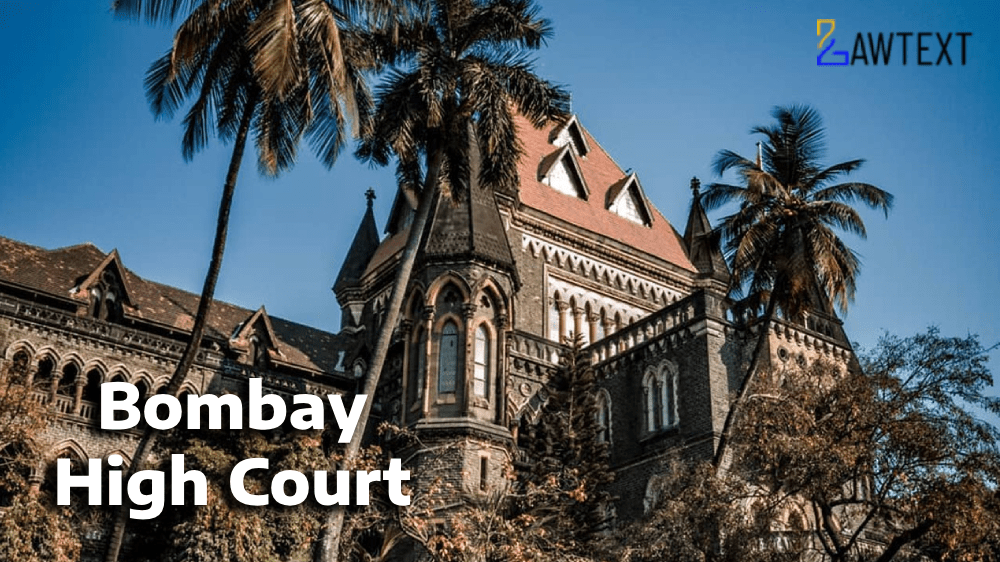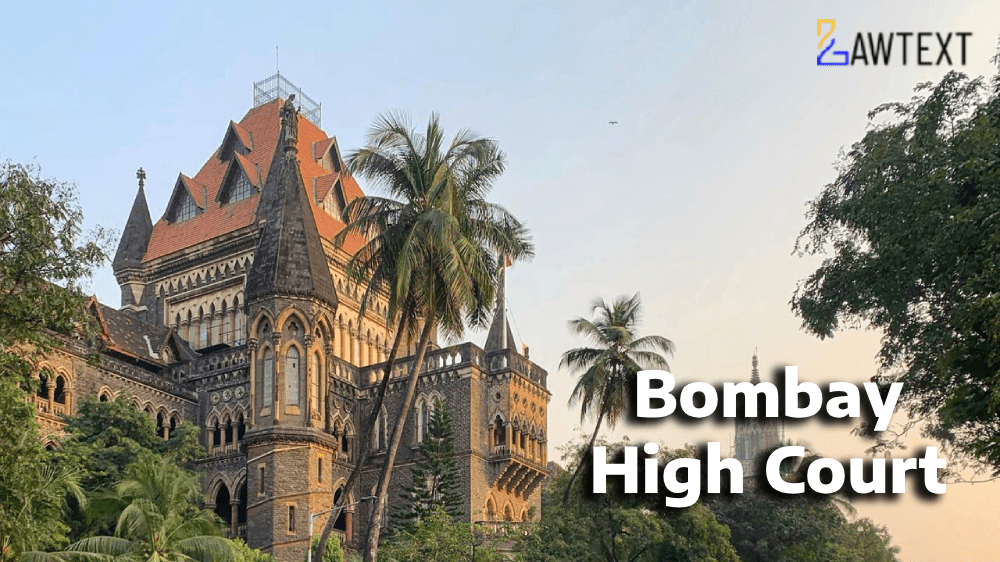Case Note & Summary
Contract Law – Judicial Review – Public Law Element – Principles of Fairness and Reasonableness – Article 14 of the Constitution of India
The Bombay High Court quashed the termination notice dated 3rd January, 2025, holding that: The MMRDA’s action was arbitrary, unfair, and unreasonable. Clause 2.8.1(f) of the contract could not be interpreted to permit the State to act without fairness and reasonableness. The presence of an arbitration clause does not preclude judicial review where public law elements are involved.( Para: 25, 26, 28, 29, 32)
Acts and Sections Discussed:
Constitution of India, 1950 – Article 14 – Right to Equality – Non-Arbitrariness in State Action
Arbitration and Conciliation Act, 1996 – Section 37(2)(b) – Appeal against Interim Measures
Specific Relief Act, 1963 – Section 41(h-a) – Injunction in Infrastructure Projects
Subjects:
Judicial Review – Contractual Obligations – Fairness – Reasonableness – Public Law Element – Arbitrariness – Termination Notice – Speaking Order
Nature of the Litigation: The writ petition challenged the termination notice issued by Mumbai Metropolitan Region Development Authority (MMRDA) against Systra MVA Consulting (India) Pvt. Ltd. without assigning reasons, arguing the action was arbitrary, unfair, and unreasonable.
Who Is Asking the Court and for What Remedy: Systra MVA Consulting (India) Pvt. Ltd. sought quashing of the termination notice dated 3rd January, 2025 and requested a fair hearing and a speaking order on the decision to discontinue the contract.
Reason for Filing the Case: The termination notice was issued without assigning any reasons, violating principles of fairness, reasonableness, and non-arbitrariness under Article 14 of the Constitution of India.
What Has Already Been Decided Until Now: The contract was initially set to expire on 30th November, 2024 and was later extended until 31st December, 2026. The termination notice issued on 3rd January, 2025 provided 46 days’ notice for discontinuation of services.
Issues:
Whether the MMRDA’s termination of the contract without assigning reasons was arbitrary and violated Article 14 of the Constitution of India.
Whether the presence of an arbitration clause precluded the exercise of writ jurisdiction.
Submissions/Arguments: Petitioner:
The termination notice was issued in violation of principles of fairness and non-arbitrariness.
The arbitration clause does not bar judicial review when public law elements are involved.
The termination lacked any stated reason and was, therefore, unjustified and oppressive.
Respondent (MMRDA):
The contract allowed termination without assigning reasons under Clause 2.8.1(f) of the General Conditions of Contract.
The matter pertained to a private contract and should be resolved through arbitration.
Judicial review should not be exercised in purely contractual matters.
Ratio:
The State and its instrumentalities, even in contractual matters, are bound by principles of fairness, reasonableness, and non-arbitrariness as enshrined in Article 14 of the Constitution of India. The Court can exercise judicial review when public law elements are involved, regardless of the presence of an arbitration clause.
Issue of Consideration: Systra MVA Consulting (India) Pvt. Ltd. Versus Mumbai Metropolitan Region Development Authority
Premium Content
The Issue of Consideration is only available to subscribed members.
Subscribe Now to access critical case issues





